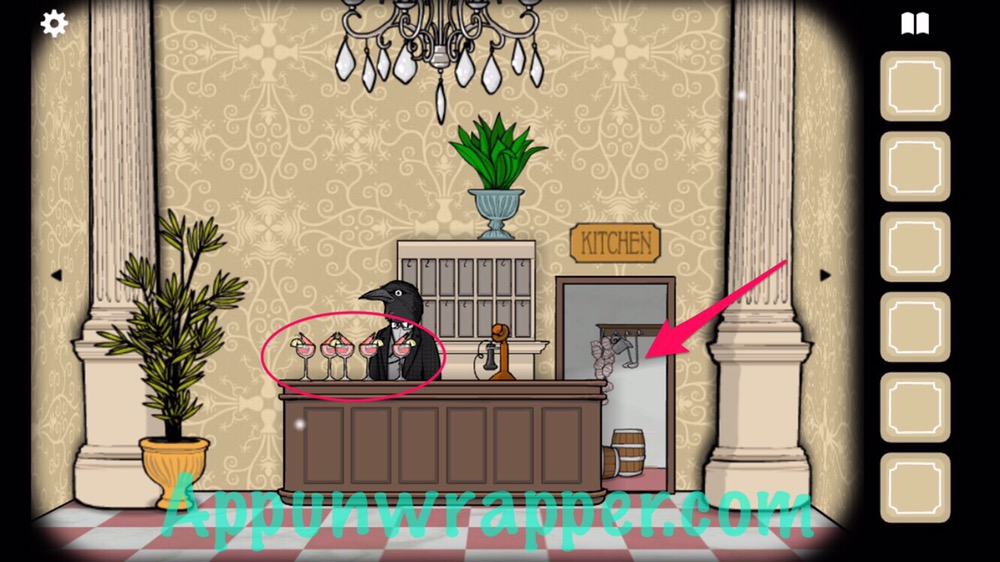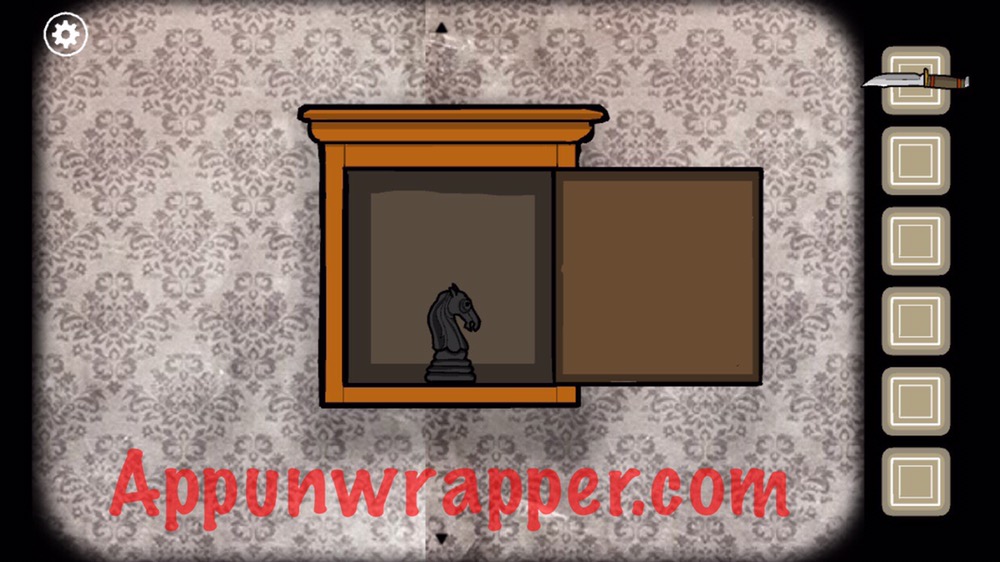

I t is said that the first lie of a map is that it tells the truth. I didn’t recognise this as a warning that his brain was on the verge of collapse. It was as if, out of the corner of my eye, I had seen a few tiles blown off a roof (more awkward gusts of wind).

You have three new messages … I deleted them immediately.) On that drive in Somerset, I had been surprised that he was so agitated: it was odd, disproportionate, but not enough to suggest that his cognitive function was already compromised. It wasn’t grief, as such, or even a rehearsal of grief it was fear of the effort required to meet the situation. I understood what this meant, and I sat down and burst into tears. (This was when he left three identical messages on my answering machine, one after the other, informing me that his fax number had changed. He was only in his mid-fifties, and it was a couple of years after that before it became plain to me that something was wrong. Thinking back on this, I wonder whether my father was already in the early stages of dementia. We eventually found the church, which had a Norman nave and was therefore unlikely to have moved since the Ordnance Survey landed its symbol on the Landranger map. ‘It’s not where it should be,’ he kept saying. On one occasion, driving in Somerset to a church he wanted to see, with me at the wheel and him holding the map, he became increasingly peeved that our destination was further away than he had expected. His faith was sometimes tested by discrepancies between the map and the territory, though it wasn’t clear to me whether he believed the ground or the map to be at fault (that it might be the map-reader never entered the calculation). That this faith survived his youth, which was nothing if not a lesson in the treachery of maps, is a miracle – a case of believing is seeing, rather than the other way around. I think he believed in maps at a very literal level, not simply as a reliable guide for getting from here to there, but as a set of agreed principles that give meaning to the world and describe it to us. He took great care to respect the original creases when folding them and arranged them next to his impressive run of National Geographic, whose bright yellow spines I liked. Nor is the man spreading a map on the warm bonnet of the car, catching at its flapping corners in awkward gusts of Welsh wind. Nor are the wild raspberries that grow in the hedgerows. The high, solid hedgerows obscure the view and are not marked on the map. We are on a camping holiday, we are lost, and he is trying to tame the map so we don’t get loster. Continued abuse of our services will cause your IP address to be blocked indefinitely.A memory of my father spreading a map on the warm bonnet of the car, catching at its flapping corners in awkward gusts of Welsh wind. Please fill out the CAPTCHA below and then click the button to indicate that you agree to these terms. If you wish to be unblocked, you must agree that you will take immediate steps to rectify this issue. If you do not understand what is causing this behavior, please contact us here. If you promise to stop (by clicking the Agree button below), we'll unblock your connection for now, but we will immediately re-block it if we detect additional bad behavior.

Some unofficial phone apps appear to be using GameFAQs as a back-end, but they do not behave like a real web browser does.Using GameFAQs regularly with these browsers can cause temporary and even permanent IP blocks due to these additional requests. If you are using Maxthon or Brave as a browser, or have installed the Ghostery add-on, you should know that these programs send extra traffic to our servers for every page on the site that you browse.The most common causes of this issue are: Your IP address has been temporarily blocked due to a large number of HTTP requests.


 0 kommentar(er)
0 kommentar(er)
